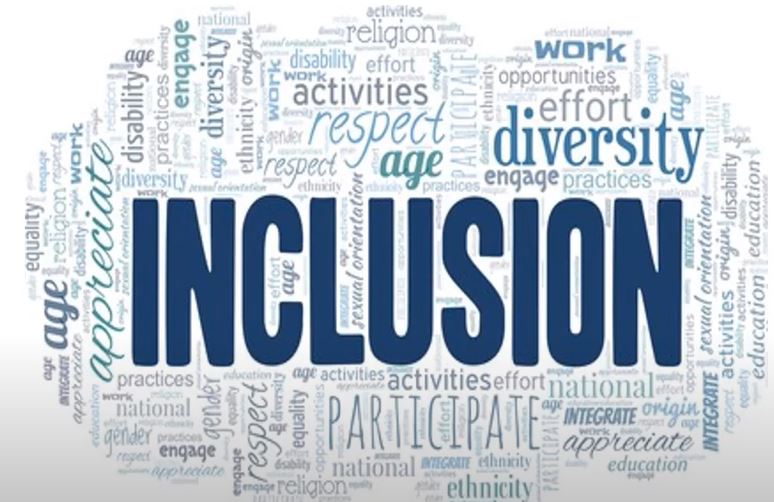Hospice agencies rely on the successful coordination of their teams to deliver quality care to their diverse customers and clients who have varying demands and needs. These teams are often highly diverse – with varying cultures, genders, and age ranges.
But simply combining individuals with different backgrounds is not sufficient to ensure customer satisfaction and client success. It also requires inclusive leadership – leaders that create an inclusive environment where team members feel that they belong and matter, where a diverse workforce is respected, and where team members with varying opinions and perspectives feel heard and respected and are willing to share, contribute, and collaborate.
What are the benefits of inclusive leadership?
Workplaces with inclusive leadership are not only nice to have; they are also shown to improve performance. Teams with inclusive leaders are 17% more likely to be high performing, 20% more likely to make high quality decisions, and 29% more likely to be more collaborative, as discussed in a study published by Deloitte.
What are the characteristics of inclusive leadership?
There are several traits that are commonly observed in inclusive leaders:
- Commitment: See the value in diversity and inclusion and holds themselves, the team, and the organization accountable to ensure equality is factored into all processes
- Humility: Modest about their capabilities, admit mistakes, and create space for others to contribute
- Aware of bias: Aware of personal blind spots and flaws in the organizational processes, and work hard to ensure meritocracy
- Cultural intelligence: Exceptional leaders stretch their curiosity and learn about customs that are important to different employees. They aim to boost the level comfort to build inclusivity.
- Effective collaboration: Empower others and focus on team cohesion
- Curiosity about others: Be curious and learn about other employees, acknowledge the value that each individual team member brings to the whole
How can leaders exercise these traits?
Leaders need to practice these traits and get regular feedback on their performance. How can they do this and how can they get regular feedback on their performance?
- Establish a diverse personal advisory board – Leaders can create a group of peers with whom they have regular contact and who they know are willing to give them direct and straightforward feedback on day-to-day interpersonal behavior. Members of their advisory board can give them feedback on activities such as whether they are favoring certain groups, whether their language is language is biased, whether they are inclusive during meetings, and the like.
- Leaders can immerse themselves in new/uncomfortable situations that involve diverse stakeholders, providing them with the opportunity to disrupt preconceived ideas.
- They can share learning journeys that involve recognizing and addressing bias. This can be in the context of town hall meetings or 360 assessments with management. These settings allow a leader to role model the importance of humility.
Summary
Diversity is at the heart of every organization. If properly managed, it can enhance the success of an organization but if improperly managed, it can lead to dissatisfied employees and inability of an organization to achieve its goals. A successful leader must promote and encourage diversity in an organization, as this will draw out each individual employee’s talents and lead to improved organization success.





0 Comments